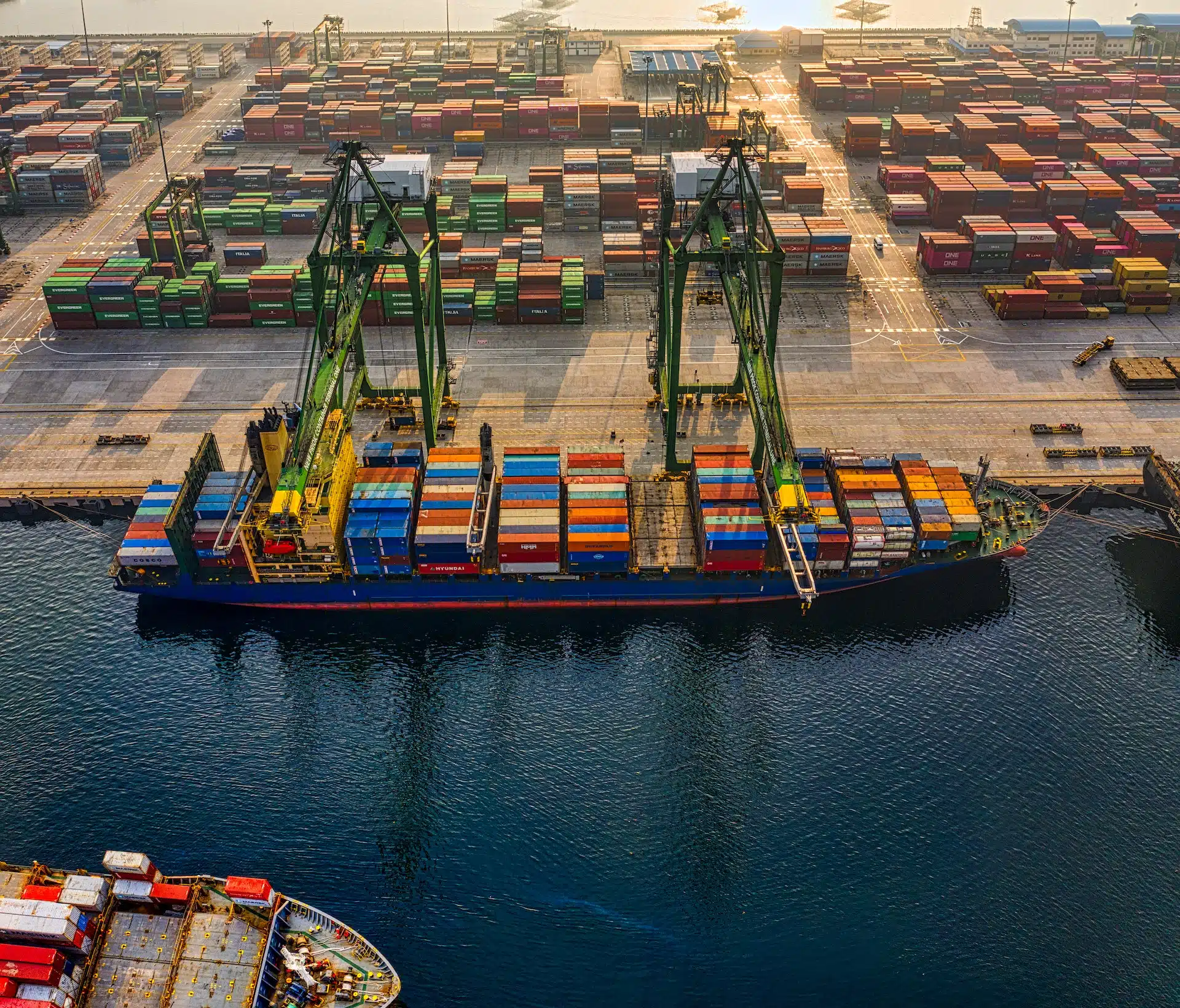The waterfront is home to various industries, including shipping and logistics, tourism, and recreation.
An efficient and adaptable infrastructure is necessary for these businesses to maximize productivity and carry out their operations smoothly.
Industrial floating docks are an excellent solution for this, having plenty of benefits over the traditional kind. Let’s look at some advantages of industrial floating docks and how they can smooth waterfront operations.
The Rise of Industrial Floating Docks
Traditional fixed docks have been around for decades, providing a platform for cargo, passengers and other water-related activities. But as great as they are, they also have their limitations. For example, changing water levels or environmental concerns can cause problems working with fixed docks.
On the other hand, industrial floating docks are designed to overcome these troubles. Floating docks are usually constructed with advanced materials that make them buoyant and durable. These docks aren’t much affected by the water levels, which makes them reliable in a changing environment.
Benefits of Industrial Docks
Versatility &Flexibility
Industrial floating docks are made of a solid but lightweight material called high-density polyethylene. This makes them easy to move and change so that they can be adapted to different needs.
It’s easy and cost-effective for businesses to expand or downsize their activities at the waterfront, which can be necessary when demand or operational requirements change.
On top of that, these docks are also very easy to customize, depending on what they’ll be used for. For example, whether it’s for cargo, passengers, or recreational water activities – the dock can be custom-designed to make it suitable for its specific purpose.
Enhanced Safety & Accessibility
Safety is essential for industrial settings and anything involving water. Industrial floating docks can help with much better safety features than traditional fixed docks.
Since they float, the impact of waves and currents is reduced, and the platform becomes more stable for anything on it – from workers and passengers to the equipment.
These docks can also be adjusted in height for better access during loading and unloading cargo, significantly reducing the risk of accident or injury.
Environmental Friendliness
Businesses across all industries are becoming increasingly conscious of the environment and the need for sustainability. Industrial floating docks are designed with this in mind. They have a minimal impact on marine ecosystems since no disruption is involved to the seabed. Because water can float from underneath, they also do not disrupt the water’s ecological balance.
Cost-Effectiveness
Industrial floating docks are a bit more expensive than traditional docks as an initial investment, but they are relatively cost-effective in the long run. This is because of their durability and their minimal maintenance requirements.
They can be adapted for different uses, reducing significant business costs when sudden changes happen.
Resilience to Disasters
In natural disasters like storms, earthquakes, or hurricanes, the water can do quite a bit of damage to fixed docks – if not eradicate them.
Industrial floating docks are less likely to be damaged in natural disasters because they move with water. This means they can withstand some of the impacts of storms and other natural events.
With all their benefits, and as industries start utilizing them, floating dock systems will likely improve waterfront operations and enhance business productivity.
Nor Col EZ Dock offers dock-building services for the best types of docks, EZ Dock. They also provide accessories that allow you to expand your floating dock and spruce up the platform. For more information, call (800) 654-8168.







